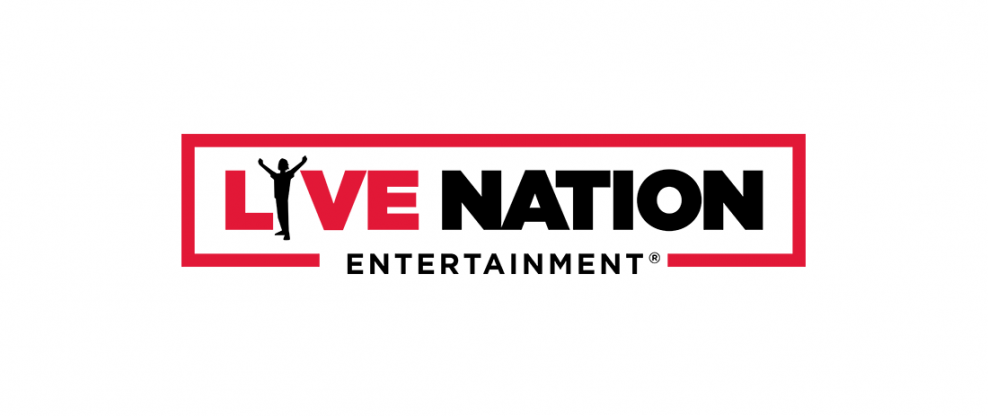LOS ANGELES (CelebrityAccess) — Following last week’s news that a Senate investigative subcommittee had issued a subpoena to Live Nation seeking documents regarding ticket pricing, fees, and business practices, Live Nation has responded with a statement.
In an accompanying letter to Live Nation from the subcommittee’s chair, Sen. Richard Blumenthal, D-Conn, the Senator accused the concert promoter of “stonewalling” and failing to deliver the requested documents which were first requested in March 2023, making the subpoena necessary.
“PSI [Permanent Subcommittee On Investigations] first wrote to Live Nation/Ticketmaster on March 24, 2023, seeking documents and information in connection with this inquiry. Despite nearly eight months and extensive efforts to obtain voluntary compliance, Live Nation/Ticketmaster has failed to fully comply with PSI’s requests, including refusing to produce certain documents critical to the Subcommittee’s inquiry. Furthermore, the Subcommittee has identified additional categories of documents necessary to complete its inquiry. As a result, the enclosed subpoena also seeks records related to Live Nation/Ticketmaster’s failure to combat artificially inflated demand fueled by bots in multiple, high-profile incidents, which resulted in consumers being charged exorbitant ticket prices.
In its response, Live Nation rejects the accusation of stonewalling and noted that it has produced more than 10,000 pages of documentation for the committee and emphasized that it was seeking assurances of confidentially in regards to sensitive client information about artists, venues and other clients and counterparties.
Read the full response from Dan Wall, Live Nation’s recently hired Executive Vice President for Corporate and Regulatory Affairs, here:
Live Nation has been cooperating with the Senate Subcommittee’s investigation for months and has in no way been “stonewalling.” We have produced documents on every subject that the Subcommittee raised, not only in its initial letter but in subsequent conversations. We have in fact produced nearly 10,000 pages of documents, including more than 2000 emails, dozens of commercial agreements, and voluminous other materials. We have met with the Subcommittee staff on multiple occasions and answered numerous questions.
We have now run into an obstacle of the Subcommittee’s making—and which it could remove at any time.
Some of the information requested from Live Nation is highly sensitive client information about artists, venues and others with whom we deal. It addresses plainly confidential subjects such as how much money artists make from their tours which in any other government investigation would be produced subject to binding confidentiality protections to prevent its misuse. In fact, in other investigations Live Nation has without objection produced the same or similar information subject to confidentiality protections.
We have told the Subcommittee repeatedly that we would produce such information with normal confidentiality protections—nothing greater than other branches of the federal government routinely provide—but not without them. The Subcommittee has refused to provide any confidentiality protections at all. That has led to an impasse that left us with no procedural option other than to decline to produce the third-party confidential information at issue.
The Subcommittee responded by issuing a subpoena, which was expected. It is only in a subpoena enforcement action that Live Nation can assert its rights to protect the confidentiality of this information. While the subpoena is an unnecessary drain on taxpayer resources, we have been and remain prepared to work with the Subcommittee to address any legitimate investigative needs in the way that government agencies do every day with countless other subpoena recipients: using standard procedures to prevent the misuse of confidential information.
Our limit in this process—that the Subcommittee Chair has chosen to call stonewalling—is simply that we value our artist relationships and the interests of other stakeholders we work with too much to betray their trust by turning over their information without adequate protections.





























